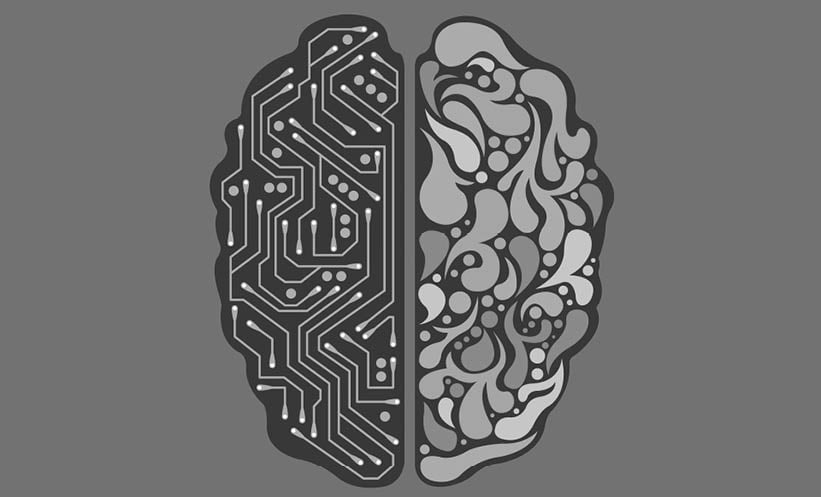Written by Jack Redden | Reporter, European Medical Journal | @EMGJackRedden
![]()
Your EMJ weekly news round-up. In the news, this week: Artificial intelligence detecting skin cancer in clinical images, brain scans used to predict treatment response in patients with depression, and scientists adding extra nucleotides to create a semisynthetic organism.
Scientists Create Semisynthetic Organism by Adding Two Extra Nucleotides
Source: Wired UK. Published Tuesday 24th January.
Two new synthetic nucleotides (X and Y) have been created and embedded in the genetic code of E. coli bacteria by a team at The Scripps Research Institute in the USA. The team already attempted this feat a couple of years ago but the bacteria failed to retain this part-synthetic genetic code as cell division took place as it died shortly after. In their latest effort, they used gene editing tool CRISPR-Cas9 to ensure that the organism would only replicate cells that contained the X or Y molecules.
Genetic Study Discovers Previously Unknown Childhood Developmental Disorders
Source: Medical Research Council. Published Tuesday 24th January.
A large genetic study has identified 14 new childhood developmental disorders. Scientists sequenced the genes of thousands of children from across the UK and Republic of Ireland, affected by a rare and previously undiagnosed developmental disorder. As part of the Deciphering Developmental Disorders (DDD) study, the team’s focus was on spontaneous gene mutations that arise in DNA as it is passed on from parents to children. The scientists have been able to diagnose around a quarter of the children involved in the study with new mutations of unknown cause by matching them up with those with similar disorders.
Brain Scans Used to Predict Success of Anti-Depressants
Source: European Medical Journal. Published: Thursday 26th January.
Researchers from the University of Illinois at Chicago have used fMRI scans to accurately predict which patients will be responsive to anti-depressant therapy for major depression. A high activity in two particular networks of the brain in patients with depression was found by the team to be a good predictor for whether a course of a particular anti-depressant would relieve symptoms. In their study, 36 adult patients with the disorder were enrolled and the team used fMRI scans to measure brain activity each time the participants made an error during a certain task. They found that they could predict a lower likelihood of treatment response in patients with high activity in the error detection network and the interference processing network of their brains when they made a mistake.
Artificial Intelligence as Good as Doctors in Spotting Skin Cancer
Source: European Medical Journal. Published Thursday 26th January.
Computer scientists at Stanford University have taught an artificial intelligence to recognise skin cancers in clinical images as well as human specialists. The team developed the algorithm by using a database of nearly 130,000 images of skin lesions which consisted of over 2,000 different diseases. Once the algorithm was able to recognise cancerous lesions, the team tested the software by seeing how well it fared with diagnosing over 370 biopsy-confirmed images. The team then compared the results against 21 dermatologists completing the same task and found that the algorithm matched their performance in determining whether skin cancer was present.








